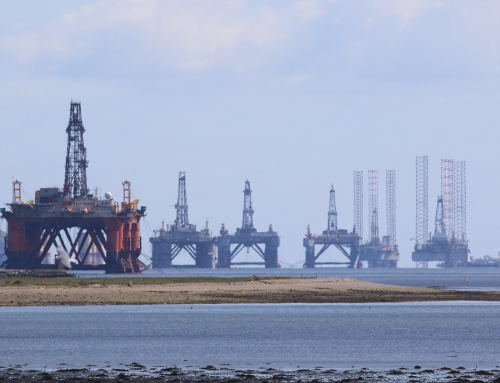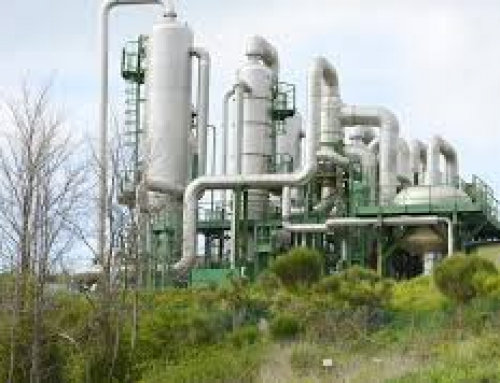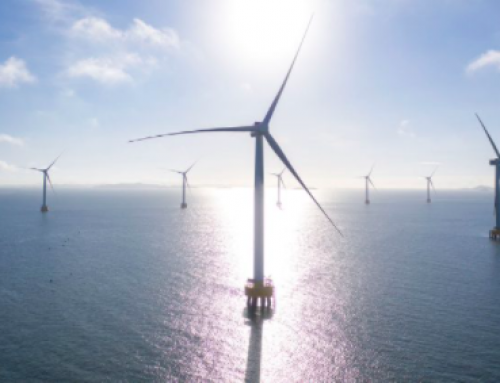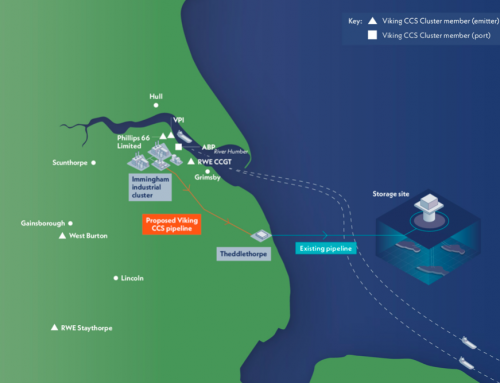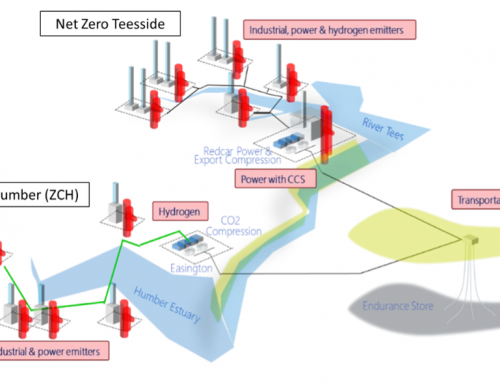By Barney Smith
Big Oil is under unprecedented pressure. Accelerating global action on climate change is forcing powerful companies to move into new and unfamiliar energy markets. In addition, the Covid pandemic has hammered oil prices and catalysed the move towards renewable energy in many parts of the world.
Greenbarrel has outlined the rather different approaches of Shell and BP (17 & 25 Feb). But there is a third European major, the French company Total, whose CEO since 2014 has been Patrick Pouyanne. He faces the same problems as the other oil companies, though perhaps with a rather different focus to French media scrutiny.
Like Shell and BP he is targeting 2050 for net-zero emissions; like them he wants Total to be seen as an energy company rather than an oil and gas company; like them he needs to use the cash generated in traditional activities to fund non-traditional activities, though he is wary of actually disposing of traditional assets as BP has pledged to do.

www.total.com
But the new slant to energy policy comes with some unexpected difficulties. Take the issue of “Bulking-up”. When the CEO of BP announces an increase in the numbers of charging points from 7,500 to 75,000 by 2050, each additional individual charging point has to be individually installed. It is no longer possible for the accountants to simply double up the money so as to produce double the oil. And again, in the previous era, every barrel of oil was worth the same amount in US dollars. There is no such direct comparability in renewables pricing, where in many cases it is the terms of an individual off-take agreement which is important.
In addition, while Big Oil was accustomed to spend money in huge amounts, this is more difficult in the renewables sector where opportunities for deploying large sums may be more limited. Lack of renewables experience may mean that money may be all that Big Oil has to offer as it enters a new and unfamiliar sector, but, as Pouyanne has said, too much money chasing a limited number of renewable projects will almost inevitably result in a rise in prices. Indeed in a recent interview with the Financial Times he asserted that the “bubble” of inflated renewables values was already upon us and suggested that BP had overpaid for their two leases in the Irish Sea.
He nonetheless agreed that oil companies would have to make renewables a much greater part of their business. (Indeed Total envisages spending more than $2 billion this year on low carbon generation and clean energy, hoping for a return of some 10 per cent.)
But he also had a word of caution: pressure from western investors for oil companies to substantially increase their investment in renewables was a new factor of life. But there were other (National) oil companies where there no such investor pressure existed. Would they, or the Russians, follow suit and search for cleaner energy? The jury was still deliberating, but he did not think that the auguries were promising.

